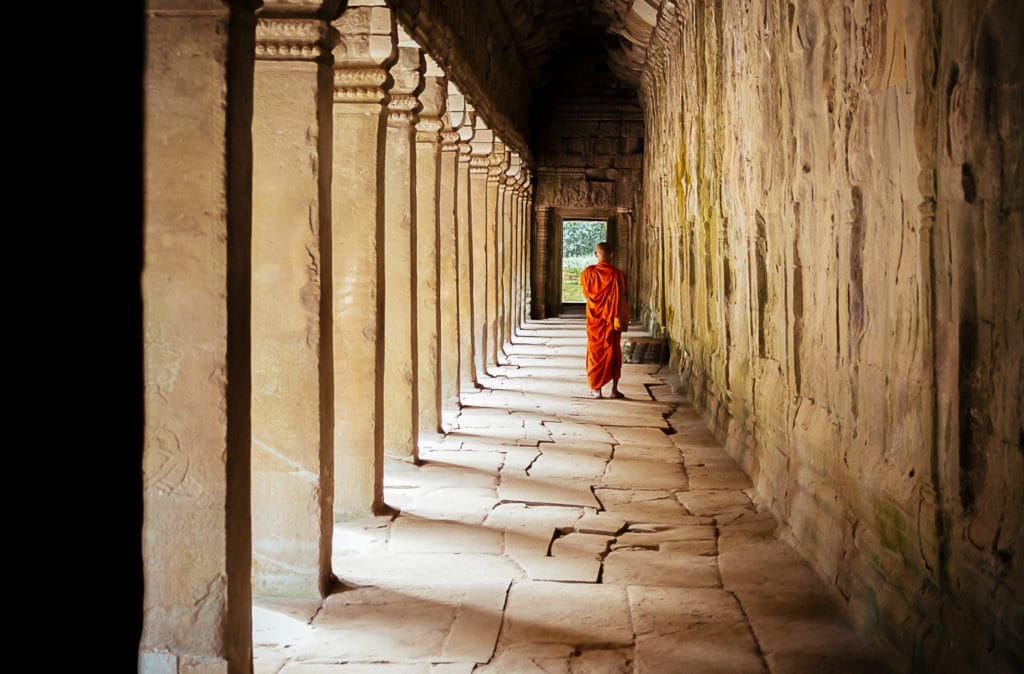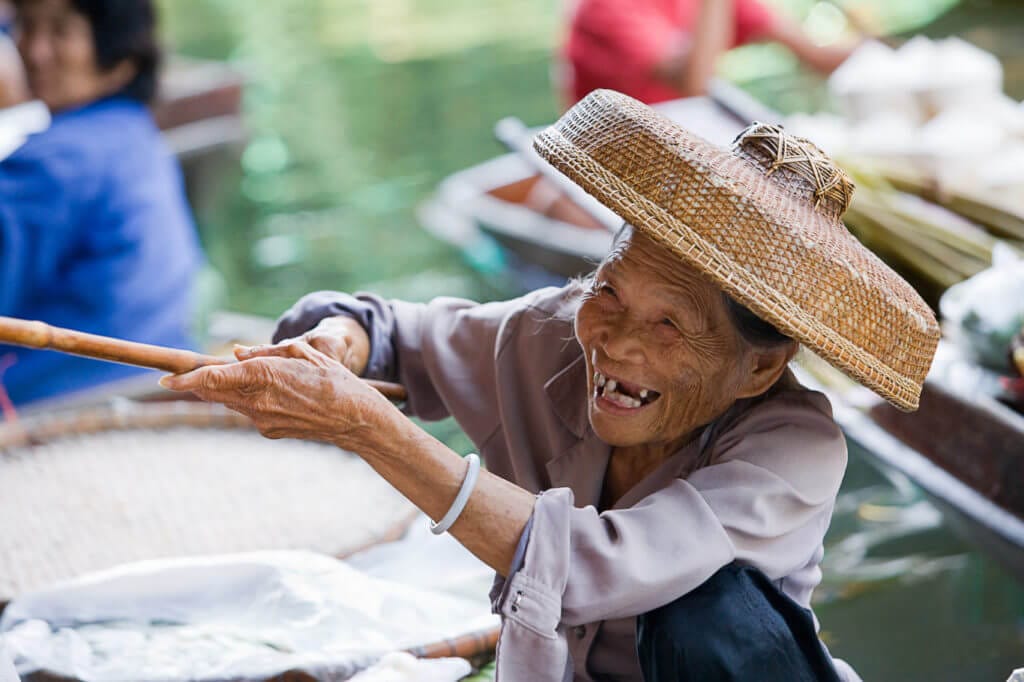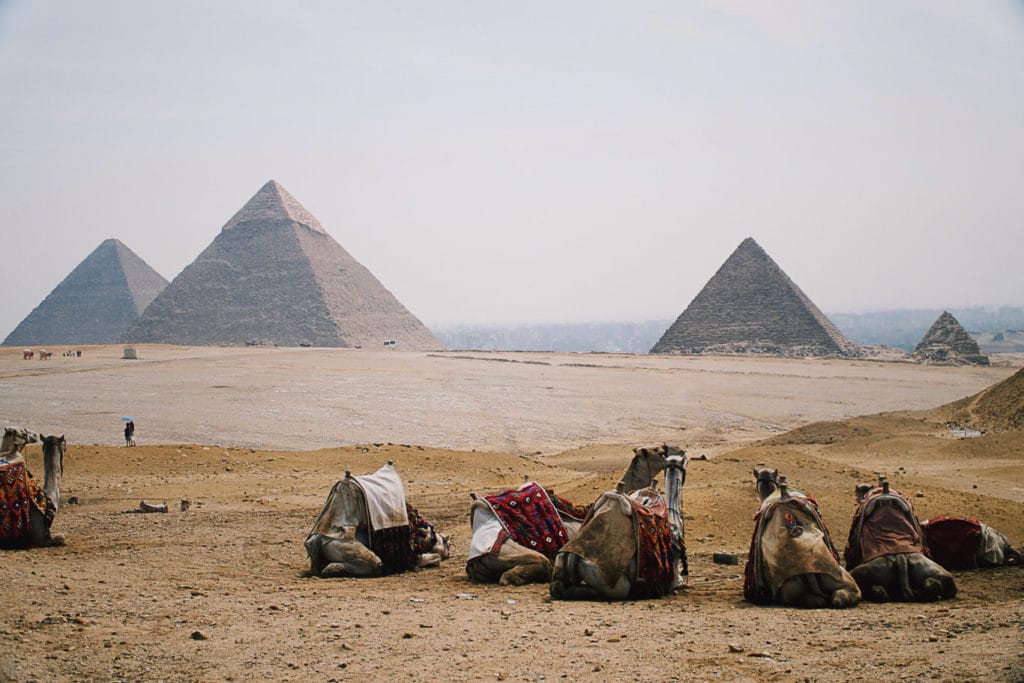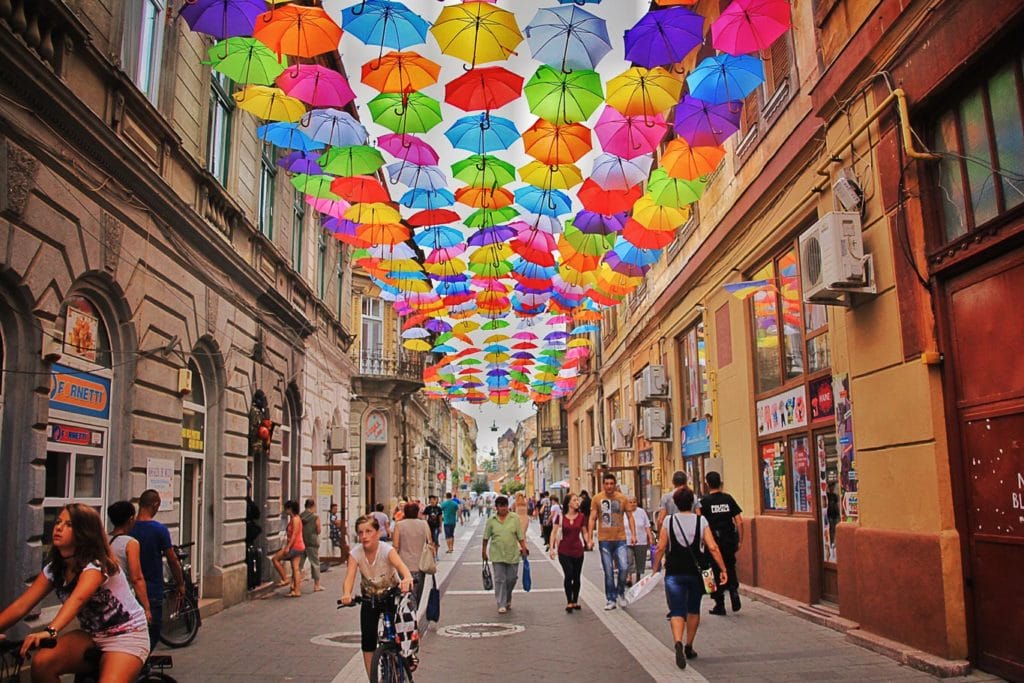America’s Pacific Northwest
Eco Tour & Wildlife Preservation in Washington
The Worldwide Navigators Difference


Sojourn – Gain a better understanding of the community you’re visiting. Learn about different religions or spiritual practices. How do these impact the communities? How does religion or spirituality influence local traditions?
1 of 1

Savor – Will you choose sweet or savory? Take the time to visit local markets and discover unique local ingredients. Learn how to prepare traditional meals & local favorites.
1 of 1

Tip of the Tongue – Each morning, take the time to learn a few basic greetings and phrases in the local language. Learn how to write greetings & your name in the local script.
1 of 1

A Wrinkle in Time – History influences our present. Discover the history of the country you visit. Hear the stories of your guides & their family history. Where do they come from?
1 of 1

Journal Journeys – Take some time to reflect on the day’s events and document your journey. Spend a moment journaling about the day had & day ahead. These are memories for a lifetime!
1 of 1

Culture – From local dances, festivals, or simple gestures to communicate – all of these make up a country’s culture. Learn and practice cultural norms & how to show respect in the culture you visit.
1 of 1Itinerary
You’ll fly into SeaTac Airport just outside of Tacoma and Seattle, the latter of which is named for legendary Suquamish chief. Pack a waterproof jacket, but don’t worry too much about getting drenched! You might be surprised to learn that Seattle averages about 37 inches of rain per year, probably less than one would guess!
In the afternoon you’ll be involved in the “Coastal Cleanup” efforts with Puget Soundkeeper, a local organization which conducts numerous clean up events every year. You’ll be one of their “water heroes,” as your group gathers in an on-water event. From kayaks and paddle boats, you’ll help to clear Puget Sound of harmful debris that’s difficult to reach from shore. Not far away is the city’s landmark Space Needle, which may afford some fun photo opportunities when you’ve completed the clean up.
This evening, after a family style dinner, a volunteer with Washington Coast Savers will be discussing his group’s commitment toward conservation efforts in the Puget Sound, with a particular focus on microplastic problems.
This morning brings a leisurely departure after a nourishing breakfast. You’ll observe rural Washington unfold on the 90 minute trip from the center of Seattle to Mt Rainier National Park.
Upon arrival, you’ll be welcomed into the lodge, which is nestled right inside the park. Catching a ranger-led walk along this dormant volcano’s slope is next on the agenda, where you’ll learn about the wildlife and wildflowers that call Mt Rainier home.
You will notice signage around the park instructing tourists to stay on trails. The park system’s “Don’t be a Meadow Stomper” campaign has been highly effective in raising awareness of how fragile each park’s ecosystem actually is and in combating the damaging effect human visitation has had. To that end, this afternoon you’ll be pitching in with dozens of other park volunteers in the rebuilding of boardwalks around the park and in replanting several areas with native vegetation.
This morning, grab a quick breakfast at the café in Rainier’s Sunrise Visitor Center at the foot of the volcano. Then it’s off for the two hour trip to Mt St Helens National Volcanic Monument, site of the devastating, historic May 1980 eruption. While there you will learn how local lumber companies, railroads and environmentalists are working to preserve the land around the monument.
You’ll engage in a ranger walk/talk on the Trail of Two Forests, within view of Mt St Helen itself. The naturalist’s commentary, while you explore, will focus on the impact eruptions have on our environment. As the slow moving molten lava from the ’80 eruption cooled in this area, it provided a bed on which moss, ferns and shrubs have fought to regrow. Interestingly, lava tubes were also formed, one of which you will have the opportunity to climb into!
In the later afternoon, you might explore on trails in and outside of the monument noticing the amazing regrowth that has taken place in the area.
This evening, you’ll be primitive tent camping in nearby Gifford Pinchot National Forest, building a group fire on which to cook dinner and s’mores! By the way, the creek near the tent sites is cool and inviting!
You’ll be getting an early start today for the almost four hour drive from Mt St Helens to the mighty Pacific coast. You’ll be exploring Ruby Beach within Olympic National Park. Ruby offers limitless opportunities to observe tidepool life, as Olympic National Park protects 65 miles, one of the longest stretches of wilderness coast in the lower 48 states. A marine biologist from the Kalaloch Visitor Center will be joining your group during low tide to not only point out the many sea stars, rock crabs, wolf eels, pricklebacks, brittle stars and barnacles, but also describing the rich biological diversity within this delicate ecosystem. Be careful during your tidepool excursion — It can be dangerous for you to step on organisms in tide pools and can damage whatever you step on!
This evening, pitch a tent at Kalaloch Campground, a primitive facility on the beach with the nearby waves crashing. You’ll have a front row seat in the evening to the sun dipping below the Pacific from your site on the sand!
This morning nature is your alarm clock; you’ll be up with the sun and the turbulent Pacific outside your tent. You might like to grab a quick breakfast at The Creekside; then it’s time for travel by bus north an hour or so on Highway 101 from Ruby to Rialto Beach.
You will have a little time for discovery on your own before a whale watching talk, narrated by a conservationist from the Whale’s Tail. Among other topics, she will delight in describing the reduction of the harmful impact of vessel noise on orcas. Your guide will detail the many ways citizen sightings provide information for the organization’s researchers. Their efforts in whale watching from shore have benefitted southern resident orcas by allowing them to find food without shipping vessels infringing on their space. To aid in their efforts, you’ll be provided binoculars and guidance in helping to spot not just these orcas but many other marine mammals.
This evening, your tent awaits in Mora Campground, offering views of the Quillayute River.
Today we leave the Pacific and the Olympic Peninsula behind. You’ll still be within the national park, but heading east toward the Hoh Rainforest! You can now adopt and name a fish as part of the park’s method of radio tracking and fish migration patterns. En route from Rialto you might like to give some thought to your new “pet’s” name!
Upon arrival at the Hoh, one of only a very temperate rainforests in America, you will embark on a ranger–led walk through the Hall of Mosses. Here you’ll become acquainted with the variety of life teeming within the park’s fragile ecosystem. In fact, scientists at Olympic, having found that mercury and other toxins are at damagingly high levels to the wildlife, are studying and managing the air quality. You can help by collecting dragonfly larvae, which are effective markers in mercury levels.
This evening you’ll be sleeping under the stars at Deer Park Campground near Hurricane Ridge which is famous for its brilliant night skies!
This morning’s departure will get you on the road toward Sea/Tac Airport. Along the way, you’ll cross the intriguing Hood Canal Floating Bridge and stop at Salisbury Point with breathtaking views of the surrounding waterways, the Seattle skyline and Mt Rainier. You’ll arrive at the airport with plenty of time to collect your belongings and ponder your time in the Pacific NW!
Welcome to Washington!
Wilderness, Volcanoes and Marine Life – Oh My! The states in the U.S. geographic region informally known as the “Pacific Northwest” encompass a surprisingly large number of national parks, monuments and areas preserved for historical, cultural and natural purposes. This tour focuses on Washington’s hundreds of miles of primitive natural coastline, fascinating dormant volcanoes and wealth of rugged wilderness.
Here, there are limitless opportunities to expand your knowledge of the culture and wildlife of the American Northwest. Come journey with us to discover the history and science behind protecting and preserving wildlife in Washington!
Value
3-6 Day
Group Trips
- Airfare
- Transportation
- 2.5 - 3-Star Accommodations
- Daily Activities & Excursions
- 2 Meals Per Day
- Tours & Entrance Fees
- Daytime & Self-Guided Tour Director
- 1 Impact Project
Classic
7-12 Day
Group Trips
- Airfare
- Transportation
- 2.5 - 3-Star Accommodations
- Daily Activities & Excursions
- 2 Meals Per Day
- Tours & Entrance Fees
- Daytime Guided Tour Director
- Up to 2 Impact Projects
Epic
7-14 Day
Group Trips
- Airfare
- Transportation
- 3.5 - 4-Star Accommodations
- Daily Activities & Excursions
- 2 Meals Per Day
- Tours & Entrance Fees
- 24/7 Guided Tour Director
- Up to 3 Impact Projects
- Final Night Celebration Dinner
Interested in adding or modifying activities? No problem! All Worldwide Navigator itineraries can be customized to your liking!
In collaboration with our partners


